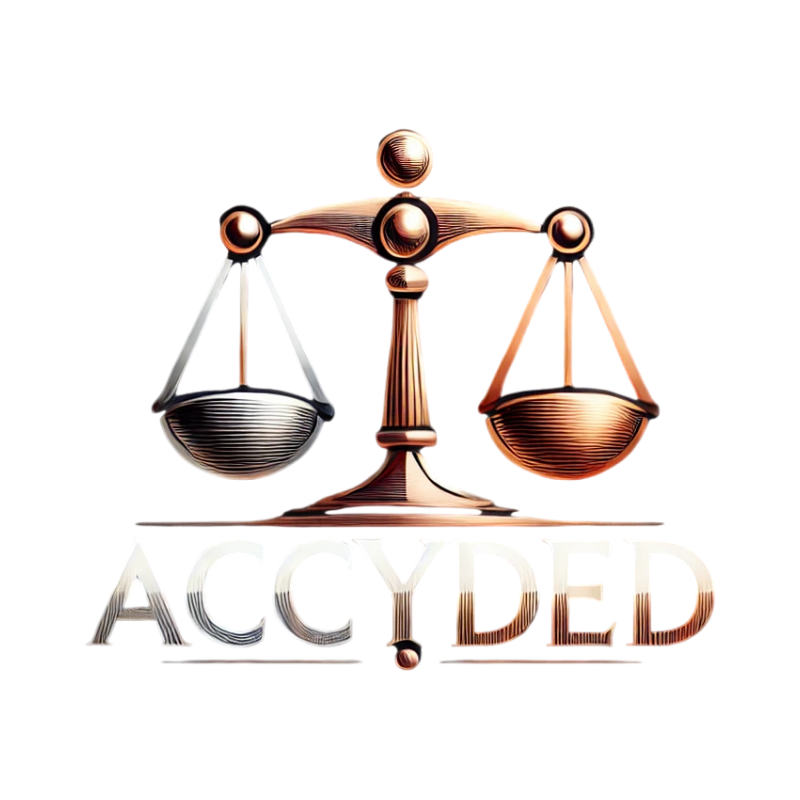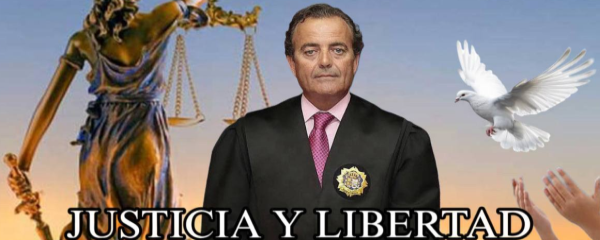
I read with astonishment today, October 17th, 2025, on the front page, the news about the alleged injustice of imprisoning someone for 400 days for their ideas in China.
And I wonder: when will I be able to read in that same newspaper —the one with the largest circulation in our country— that the Kingdom of Spain has kept a judge imprisoned for 833 days for denouncing judicial corruption?
Of course, it is said that such an accusation is false. How could our judges possibly have money in tax havens if they belong —as we are led to believe— to the purest class of human beings? The same could be said of our prelates and of so many other powers that history has gradually revealed to be as human as the rest of us.
Alleged violation of Article 47 of the Charter of Fundamental Rights of the European Union and Article 5 of the European Convention on Human Rights,
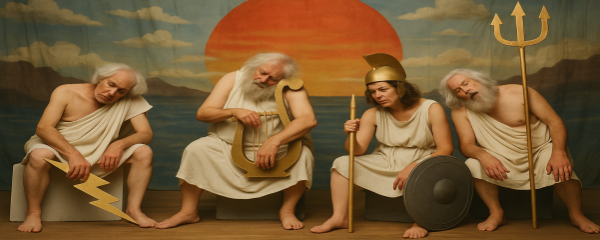
In recent years it has become increasingly evident how judges in Spain have been elevated to an almost divine position. They are the ones who determine what is right and what is wrong, often acting contralegem. This practice, far from reinforcing confidence in justice, generates deep insecurity: when those who should be the guardians of the law deviate from it, citizens are left disoriented, uncertain whether complying with the law is truly the right path, or whether it is more advantageous to operate outside it.There are shameful examples that call into question the credibility of the system. Court rulings have been issued that defy all logic, going so far as to suggest that 1+1 can equal 3. In some cases, a judge has even suppressed evidence that could have supported the claimant, solely to absolve the defendant of all responsibility.

The image of a country is, without a doubt, the reflection of its judicial system. We must not forget that the control of compliance with the laws falls to this power of the State, considered, together with the legislative and the executive, one of the three fundamental pillars of the Rule of Law. However, when the judiciary succumbs to corruption, the consequence is devastating: a country in which the law of the strongest prevails and where justice ceases to be a universal value to become a privilege of a few.The history of our country, the Kingdom of Spain, does not help to dispel doubts. During the last two centuries we have gone through more than seven constitutions, the result of political crises, civil wars and continuous ruptures of the institutional order. In the face of this instability, a simplistic discourse has spread, the "typical Spanish", which seeks to justify our structural deficiencies as part of a national idiosyncrasy. However, to accept that alibi would be to deceive ourselves:

Citizen security is an essential pillar for any society that aspires to guarantee fundamental rights, peaceful coexistence and human development. It is not just a matter of statistics or police presence: it is the feeling – intimate, vital – that our life, our freedom and our integrity are protected both in the street and in front of the institutions. In fact, when we travel to other countries, one of the first aspects we assess is whether we will be able to walk calmly through their streets or if our physical integrity is at risk. The value of life is not the same in all latitudes; it changes drastically according to the security and justice context of each nation. It contrasts in our country when coming into contact with our judicial system, where uncertainty and lack of protection replace trust. But what happens in our country when citizens enter a court?

In a newspaper on May 12, 2025, an article titled "Justice vs Politics," a Supreme Court justice calls for judicial independence, emphasizing the need for justice to be freed from political shackles. Although this message, in favour of the separation between politics and the courts, is important and necessary to guarantee the impartiality of the judicial system, what is really surprising is the presence of a body such as the General Council of the Judiciary (CGPJ), created precisely to prevent precisely this type of political interference in justice. It is alarming that, despite having a control body(CGPJ), the mechanisms designed to guarantee judicial independence are not working as they should. If the controls of the judiciary fail, it is worth asking, what is happening to the rest of the institutions that should ensure compliance with the rule of law?

It is a legal concept that refers to the superiority or primacy of one norm or principle over another. In the legal context, when it is said that an international treaty has "prevalence" over internal infraconstitutional norms, it means that in the case of a conflict between a valid international treaty and an internal norm (below the Constitution), the international treaty must be applied before the internal norm, as long as it does not contradict the Constitution. In 2009, Spain ratified the International Treaty on Equality Before the Law, an agreement that promised significant advances in the fight for social justice. Why, for example, is a police inspector specialized in drug trafficking subjected to constant surveillance, while a judge who forgives million-dollar debts, or is even linked to financial scandals, escapes oversight?
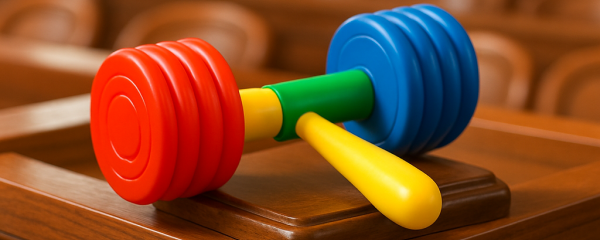
There is a general lack of knowledge in our institutions about the difference between the "optional" power: the option to act or not to act, versus the "discretionary" power: to ACT using criteria of opportunity (utility), legality and proportionality. That is to say, when Article 9.3 of our EC says "... legal certainty, responsibility and the prohibition of arbitrariness on the part of the public authorities." it refers to OBLIGATIONS. So why do demands for transparency continue to go unpunished before our transparency councils? Why if there is a Law 2/2023 on the protection of corruption whistleblowers in 2025 we still do not have the Whistleblower Protection Authority? we understand that at this point all our powers know how to differentiate between subjective and objective law, because if the service they provide to the Kingdom of Spain is a function of RIGOR what we get is LAXITY?

The feeling of detachment, distrust or indifference that citizens show towards public institutions is due to the perception of inefficiency, corruption, lack of representativeness or disconnection with their real problems. The main reasons are obvious: lack of transparency or accountability, policies far removed from social needs, corruption or political clientelism, excessive or ineffective bureaucracy, inaction in the face of social or economic crises and self-interested judicialization of politics and instrumental use of justice. From the citizen's experience, the answer – unfortunately – seems to be no, and we can prove it with concrete evidence and personal experience.

Isonomy is a term of Greek origin that means "equality before the law" or "equality of rights". In theory, Spain is a State of Law whose Constitution proclaims the equality of all citizens before the law. However, in practice, this equality – isonomy – is systematically violated, particularly by the existence of judicial privileges and a judicial culture that has consolidated an untouchable caste within the judiciary. Far from being a democratic guarantee, the current institutional design has allowed for more than forty years the existence of "contralegem" judicial decisions - contrary to the law - which, by remaining unpunished and unchallengeable, violate the rights of citizens without the possibility of effective reparation.

Monarchy and dictatorship are extreme hierarchical systems that represent clear examples of excessive concentration of power in a single person or a small elite group: North Korea, Afghanistan, Cuba... are current examples. There are other so-called "democratic" countries where hierarchical structures continue to exist that, in practice, undermine the principles of plurality, transparency and control that should define a true democracy. It is grotesque and deeply disheartening to observe how these "de facto hierarchical" systems perpetuate vices: concentration of power, corruption and lack of accountability. Current examples are: Venezuela and Russia, ... and Spain also?
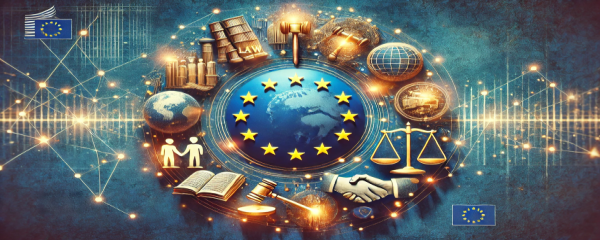
On January 1, 1986, Spain joined the European Union (EU), formerly called EEC, which allowed integration into a common market and access to European funds, which boosted the country's economic and social development. In 1999, it adopted the euro as its official currency, reinforcing its commitment to economic and monetary union. Although Spain has made significant progress in implementing the "acquis communautaire", challenges remain in areas such as the environment, justice and competition. The most embarrassing part is undoubtedly the poor management or improper use of structural and cohesion funds. This has led to sanctions or returns of funds. What happens to our powers with money?

We live in changing times, where the truth, no matter how hard they try to hide it, ends up coming to light. When the powers that be violate the rules of the rule of law to silence those who denounce corruption, it is a historical pattern that anticipates a turning point. The desperation of the corrupt reaches its climax, we have been marked by impunity for 40 years, many citizens are alert and aware of the atrocities committed from the spheres of power. What is it that really worries these characters? Are they afraid of ending up in prison? Are they obsessed with securing their fortunes? Or perhaps they fantasize about escaping to destinations such as the United Arab Emirates?

The "pro-homine interpretation" is an essential legal principle in the field of human rights, the purpose of which is to guarantee the maximum protection and effectiveness of fundamental rights. This principle, widely recognized internationally, is also enshrined in our Constitution, specifically in article 10.2. .. I wonder: how is it possible that we find ourselves before the Court of Justice of the European Union (CJEU) demanding fundamental rights, such as equality, when our internal regulations are full of provisions that reflect rigor and commitment to their protection?

We are curious about the concern that European and National Institutions have about the arrival of Artificial Intelligence Services to the citizen. We turn to this "Cursed Tool" that can make us "smarter" to define us "without disrespecting any honorable citizen" (of those who have consented-motivated-promoted) the term about what would be called the repeated failure for more than 40 years to ensure the EQUALITY of citizens before the LAW? These expressions reflect the seriousness and persistence of the prolonged failure to guarantee equality before the law.
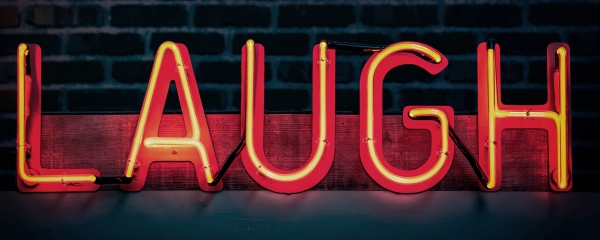
In the books "Constitutional Law I" you can read "The CONSTITUTIONAL COURTS are a guarantee of the subjection of politics to the law, so that the ultimate legitimacy of the constitutional judge rests on what he does in the exercise of his jurisdiction: defend the will of the sovereign people from that of their representatives. The great value of JUDICIAL CONTROL OF THE CONSTITUTIONALITY is that IT PRESERVES THE RIGHTS OF MINORITIES AGAINST THE MAJORITY PASSIONS OF THE MOMENT and that IT GUARANTEES THE RIGHTS OF THE MAJORITIES AGAINST THE INTERESTS OF POWERFUL OR MINORITIES. INFLUENCERS

They say that our 6 historical constitutions were "programmatic", that is, they were considered declarations of "ideals or intentions" but they did not obligate public powers to comply with their provisions. It is of interest to "weigh" because our current Constitution (1978) is not considered "programmatic" but rather "normative". "Supposedly" because the public powers are subject to its regulations with "binding" force or in the sense that the constitutional precepts They are directly applicable.... Do you believe it?
